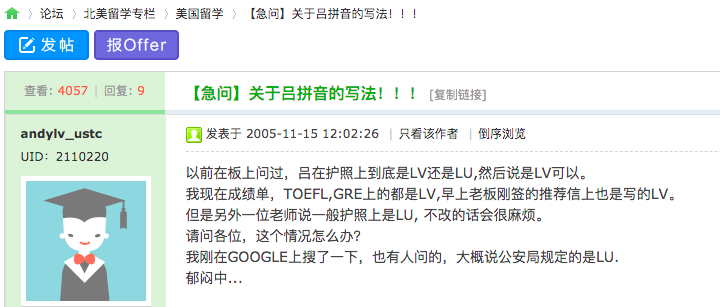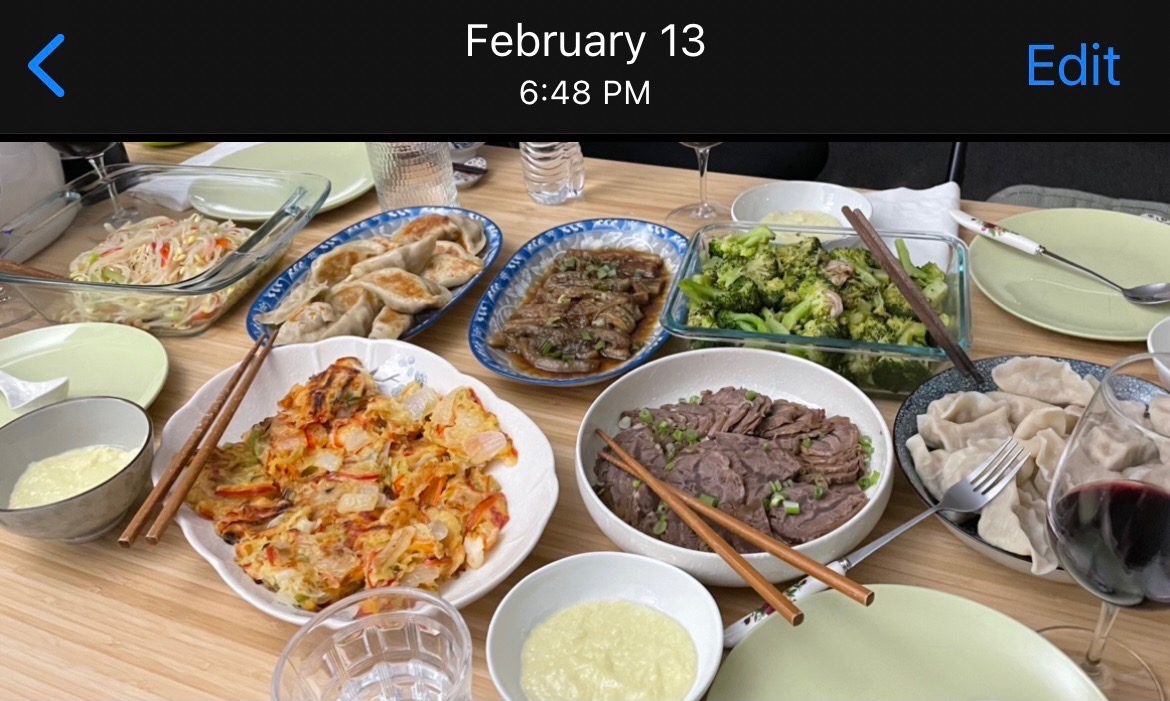Chinese Version
03-23-2021, Tuesday, warm and sunny
Grace is one of my daughter’s friends, they’re also pursuing their PhD’s with a focus on ancient languages. Lou is Grace’s husband, a material scientist.
Grace and Lou were middle school sweethearts when they were in Shandong province. They were both born in the 1990′s.
The 2020 quarantine created opportunities for me to know they more and to have joyful conversations with them.
The difference between my Sichuan accents and dialects and their Shandong accents and dialects often bring laughter into our conversations. Like when we say “corn”, which has a very different name between Sichuan (BaoGu) and Shandong (YuMi, Bangzi, BangZhuiZi). Lou, who majored in STEM (abbreviation for Science, Technology, Engineering, and Mathematics as subjects of study), possesses broad knowledge and a good sense of humor. His jokes about accents and dialects often make us laugh. The differences between accents and dialects are accepted and acknowledged by our laughters.
From our casual conversation, I learnt the name Lou originates from his last name (吕, lǚ) and is made to be easy to pronounce by English speakers. Lou told us about the troubles around his last name in Chinese PinYin. There are three possible ways to write 吕 in PinYin: LU, LYU, or LV, those three possibilities had bothered Chinese for a few years. Teachers would teach student lǚ in the class, but electronic users will type lv on keyboard to get 吕. Lou’s story about his last name helped me see the important relationship between Chinese characters and PinYin and the tangled complexities between them. For instance, in 2005, a student who with the same last name of Lou was very depressed by how to present his last name in PinYin…
“On the passport, 吕is represented as LV or LU? Now my last name on grade report, TOFEL, and GRE are LV. This morning, my boss signed his recommendation letter using LV too. However, one teacher said on passport LU is usually used for 吕. I am very depressed now…”
In 2021, we went to Grace and Lou’s place for Chinese New Year celebration. We made dumpling, ate a big dinner, and chatted. While chatting about the heavy difficulties Grace encountered in her studies as a first semester PhD student. I encouraged Grace: “Pursuing PhD is a challenging journey. You watched Lou studying and receiving his PhD, he probably worked harder than you.”
I was surprised to hear from Lou: “Studying ancient languages sometimes is more challenging than studying STEM.”
Alex curiously asked: “How difficult was it?”
Lou paused a moment and said: “Like we go through another GaoKao in China.”
Grace said: “The grammar of ancient language, without being practiced daily, is very hard to use correctly during classroom discussions. I had to learn three ancient languages, one foreign language, and my subject in my first semester. I really feel like the time is not enough for me.”
I seemed to understand the challenge and said using computer terminology: “Studying multiple languages at the same time without a computer compiler to help, I can imagine the difficulties.”
Lou said: “My father used to think that studying ancient languages is very easy.”
I laughed: “I always thought the same as your father. Thank you! I started to admire Grace and Eileen’s courage and ability in pursuing their degree on ancient languages”.
Little Episodes
1. The depressed 吕student’s post:

2. 2021, Chinese New Year celebration dinner table filled with delicious food.

